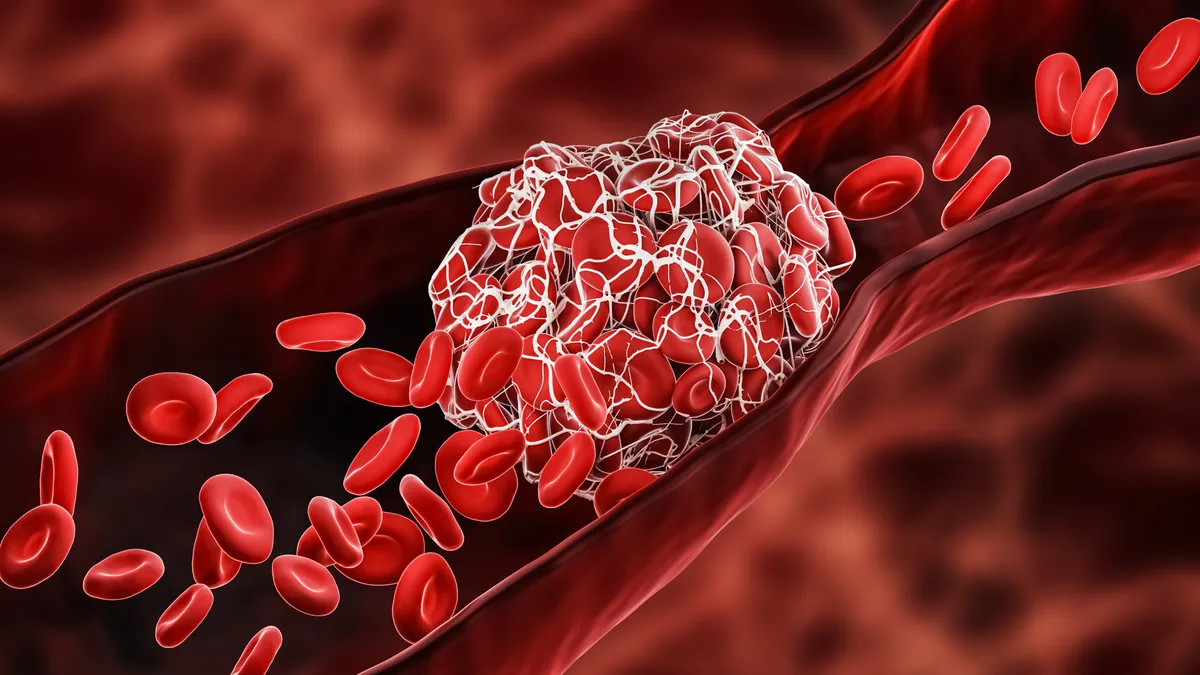Dive Brief:
- Route 92 Medical received a $50 million investment to support the global commercialization of its neurovascular intervention products, the company said Monday.
- The latest investment extends a November financing round, bringing the total raised to $82 million. Along with global commercialization, the additional funding will help support the company’s plans to pursue regulatory authorizations in new geographies.
- Route 92 sells devices for inserting microcatheters into neurovascular blood vessels and for the revascularization of patients with acute ischemic stroke. The company has received a series of 510(k) clearances for its devices.
Dive Insight:
Route 92 has created a suite of devices for accessing vessels and restoring blood flow. The portfolio is built on the Tenzing delivery catheter, different forms of which support the company’s Freeclimb 54 and 70 reperfusion system and Freeclimb 88 catheter system.
The company has designed Tenzing to address a problem that has arisen as physicians have begun to use larger catheters for first-line mechanical thrombectomy. As catheters have become larger, the size of the ledge between the microcatheter and aspiration catheter has increased. Large ledges can make it harder to navigate vessels.
Tenzing features a conical tapered tip that reduces the size of the ledge between the delivery catheter and aspiration catheter. A study of Tenzing 7, the delivery catheter used with Freeclimb 70, found the device “performed well even in highly tortuous extracranial vasculature.” Route 92 launched Tenzing 8 with its Freeclimb 88 catheter system in July.
Novo Holdings, the controlling shareholder of Novo Nordisk, joined the returning investors U.S. Venture Partners, Norwest Venture Partners, InnovaHealth Partners and The Vertical Group in the funding round, according to the announcement.
As well as commercializing the Freeclimb portfolio, Route 92 is evaluating the safety and effectiveness of Hipoint 88 and Hipoint 70 reperfusion catheters in a clinical trial that completed enrollment in February. The catheters are part of the Monopoint reperfusion system, which Route 92 designed for super-bore aspiration of common stroke targets.












